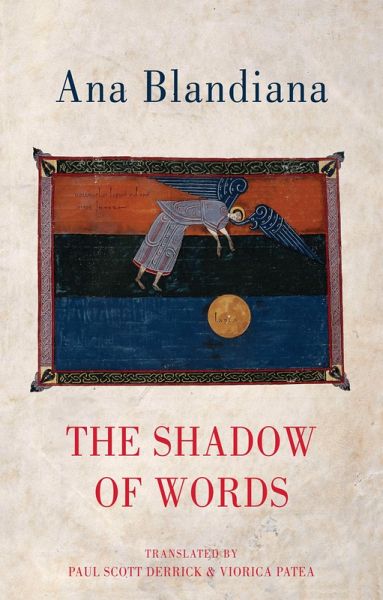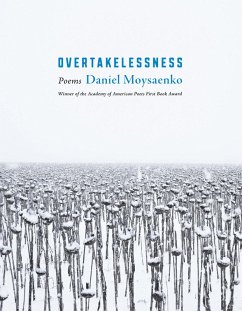
The Shadow of Words (eBook, ePUB)

PAYBACK Punkte
6 °P sammeln!
Ana Blandiana is one of Romania's foremost poets, a leading dissident before the fall of Communism, and now one of her country's strongest candidates for the Nobel Prize. A prominent opponent of the Ceaușescu regime, Blandiana became known for her daring, outspoken poems as well as for her courageous defence of ethical values. Over the years, her works have become the symbol of a moral consciousness that refuses to be silenced by a totalitarian government.
The Shadow of Words covers Blandiana's early collections published from 1964 to 1981, as well as including uncollected poems from ...
Ana Blandiana is one of Romania's foremost poets, a leading dissident before the fall of Communism, and now one of her country's strongest candidates for the Nobel Prize. A prominent opponent of the Ceaușescu regime, Blandiana became known for her daring, outspoken poems as well as for her courageous defence of ethical values. Over the years, her works have become the symbol of a moral consciousness that refuses to be silenced by a totalitarian government.
The Shadow of Words covers Blandiana's early collections published from 1964 to 1981, as well as including uncollected poems from that period which only appeared in anthologies. It follows My Native Land A4 (2014), The Sun of Hereafter • Ebb of the Senses (2017) and Five Books (2021) in completing Bloodaxe's presentation of Blandiana's collected poems to date in English translation. She published these poems during the brief period of political thaw of Romania's communist regime, when aestheticism took on a more subversive role, reaffirming the autonomy of the poetic word and freeing it from the stultifying demands of propagandist proletarian art.
In her early poems, Blandiana's voice articulates a pure and vibrant spiritual language of unmistakable ethical clarity, calling for moral regeneration in the face of indifference. Their ethical idealism and steadfastness override the many masks of degradation. These youthful books announce from the outset the sense of responsibility and faith in the survival of the collective soul that has always characterised Blandiana's poetry.
The Shadow of Words covers Blandiana's early collections published from 1964 to 1981, as well as including uncollected poems from that period which only appeared in anthologies. It follows My Native Land A4 (2014), The Sun of Hereafter • Ebb of the Senses (2017) and Five Books (2021) in completing Bloodaxe's presentation of Blandiana's collected poems to date in English translation. She published these poems during the brief period of political thaw of Romania's communist regime, when aestheticism took on a more subversive role, reaffirming the autonomy of the poetic word and freeing it from the stultifying demands of propagandist proletarian art.
In her early poems, Blandiana's voice articulates a pure and vibrant spiritual language of unmistakable ethical clarity, calling for moral regeneration in the face of indifference. Their ethical idealism and steadfastness override the many masks of degradation. These youthful books announce from the outset the sense of responsibility and faith in the survival of the collective soul that has always characterised Blandiana's poetry.
Dieser Download kann aus rechtlichen Gründen nur mit Rechnungsadresse in A, D ausgeliefert werden.













